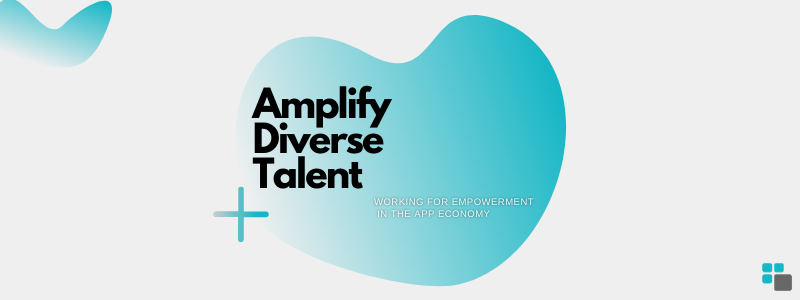It is no secret that girls and women are systematically tracked away from science and math throughout their education, limiting their access, preparation, and opportunities to go into these fields as adults. In fact, women make up only 28 percent of the science, technology, engineering, and math (STEM) workforce, which aligns with how men vastly outnumber women majoring in most STEM fields in college. And unfortunately, the gender gap is particularly high in some of the fastest-growing and highest-paid jobs in the app economy, like computer science and engineering.
The U.S. Bureau of Labor Statistics projects more than one million STEM jobs will be added over the next decade, representing nearly 11 percent growth compared to less than 8 percent for all other industries. Public and private sectors alike must invest in education, support, and empowerment – this begins by creating environments where girls can safely access and explore the digital world and imagine careers in STEM and information and communications technology (ICT).
“Part of my workplace success felt like a fluke just because I was always raising my hand and always saying yes.” Rachel Trobman, Upside Health”
At ACT | The App Association, we recognize the importance of representation and seeing professionals who look like you to inspire and provide of framework of how to forge these careers. Our Amplify Diverse Talent Working Group seeks to elevate the contributions of diverse populations to the app economy, highlighting issues that disproportionately impact the most marginalized communities. Earlier this year, in celebration of International #GirlsinICT Day, we hosted a thought-provoking panel of trailblazing female innovators and entrepreneurs, which included Rachel Trobman from Upside Health, Kenisha Dennis from Black Girls Can, Whitney Larson from Vēmos, and Julie Yack from 365.Training.
Moderated by App Association Public Policy Associate Leanna Wade, this event targeted middle and high school girls who are curious about a future in STEM but may not know where to start. Our panelists highlighted ways to overcome “imposter syndrome,” the importance of being (and staying) curious, and finding mentors in the field.
“Having valuable community experiences gave me the nourishment I needed to help foster the next generation as I went to college and built my business. I then identified the STEM gap that led me to build my program and the rest is history.” Kenisha Dennis, Black Girls Can
Our amazing panelists covered so much more ground than what we can fit in this blog, so we encourage you check out the full discussion below or check out our Twitter thread here!
